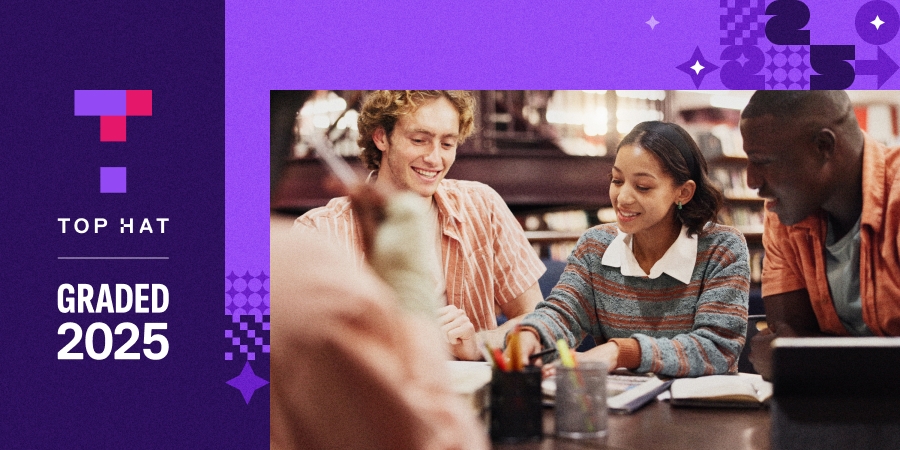Educators have good reasons for turning their backs on traditional textbooks. While textbooks have until now been an essential teaching tool, they’re no longer doing the job they need to do.
Here are three reasons why.
1. They’re outdated
The way textbooks have traditionally been created and conceived is incredibly antiquated. Textbooks—especially the standard editions for large intro-level courses—only get updated every five or six years by publishers. Improvements and updates are slow to appear, and by the time a student buys that book it’s already stale.
2. They’re boring
Today’s students are among the first generations of the Internet age. They’ve grown up with information and facts easily available through search engines and they regard interactive multimedia as the norm. Publishers have attempted to make their standard textbooks more engaging by offering digital versions—but those versions are invariably static PDFs that simply replicate the experience of a printed book.
3. They’re overpriced
The price of textbooks has risen 1,041 per cent since 1977—far outpacing inflation. The reason? The textbook market is insulated from competition and market forces: the professor, not the student, picks the textbook, and many professors are unaware of the retail cost of the books they assign. Rising textbook prices are also fueled by easy and cheap credit in the form of student loan debt, which now exceeds $1.36 trillion in the U.S.
Students don’t want to pay hundreds of dollars for boring and outdated textbooks. They try to get around the textbook burden by downloading e-books illegally or by simply not buying textbooks at all.
The publishers are trying to change their business models by going digital, but they’re failing and will continue to fail.
The many drawbacks of the traditional textbook publishing model have prompted educators to look for new and better solutions. They want educational materials that are more affordable for students, more engaging and more easily updated and adaptable to individual instructor’s needs. In short, they want OER.


